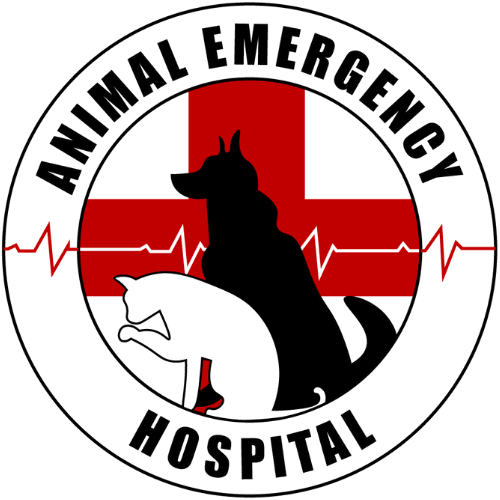The first thing to know about Halloween is that it breaks your pets’ routine – and they hate that. If you keep that in mind as you plan your celebration you’ll be much happier, said Julie Bank, president and CEO of Pasadena Humane Society and SPCA, California.
“Dogs and cats are creatures of habit. If you usually have few visitors and then [on Halloween] constantly open and close your front door, there’s no guarantee they won’t run out,” she said. “That constant door opening and closing is completely different from their routine.” Bank is among the animal experts who applaud families that consider their dogs, cats, and other pets full-fledged members and therefore work to keep them calm during times of change. To keep your four-legged family members content and healthy on Halloween, follow these expert tips.
Socialize Your Pet Throughout the Year
Some pet owners want to take their dogs with them when they make the rounds during Halloween. If that’s the case, make sure you socialize your dog throughout the year leading up to the big night, not just a week or two before, said Bank. That will ensure they are comfortable during interactions. Even when your pet is comfortable socializing, keep them leashed when they accompany you and your trick-or-treater.
An adult should always hold the animal on a leash and stand on the sidewalk, well away from the Halloween hosts’ doors, said Bailey Deacon, director of communications, Baltimore Animal Rescue & Care Shelter (BARCS).
Choose Comfy Costumes
Should you dress up your dog, cat, or other pet in a Halloween costume? “Yes and no,” said Bank. “From the yes perspective, it incorporates the pet into the family. But just as you go out of your way to choose the best costumes for your children, you should go out of your way to choose the best costume for your pet. The costume should, of course, be pet safe with no buttons, zippers or toxic substances. Beyond that, the pet must be comfortable and able to see and move freely. “If it’s too big, the pet can trip. If the costume covers its eyes and they can’t see, they might get poked or otherwise hurt,” she said. “These are serious concerns.” Problems which might lead to bites or worse.
Beware Candy and Wrappers
Most pet owners know that candy and sugary snacks can make their pets ill — or worse. But beware of candy wrappers, too, said Deacon. “If eaten, wrappers can get stuck in your pet’s belly and make them sick,” she said. “Make sure you store your candy up high and in a cabinet that your pet can’t reach. Remind children not to share their candy with pets, and keep a close eye on kid-pet interactions. Children might not realize the seriousness of such actions.
Control Pumpkin and Corn Decorations
Pumpkin is not toxic to dogs or cats, said veterinarian Jeff Levy of New York’s House Call Vet NYC. In fact, it’s sometimes included in their diets (in a canned form) as a source of fiber. “So if your pet does ingest raw pumpkin you might expect changes in their regularity,” he said.
But other decorations might prove more dangerous. “Indian corn is not very digestible and could provoke indigestion,” he said. “Swallowing a cob might even block the intestines, which could be quite serious,” it might even require emergency surgery. The best and safest bet is to keep your pets away from Indian corn and pumpkin.
Keep Candles, String, and Wrapping Paper Out of Reach
Flickering candles can entice your pet to explore, causing burns or worse, said Levy. Clearly, you shouldn’t let pets near any open flames. Also, keep string and wrapping paper away from pets. It cannot only upset their stomachs, but the items can also wind around critical organs, necessitating emergency surgery.
Make Sure Your Pet Has ID
Identification tags and microchips are the best gifts you can give a pet, said Bank. And, of course, make sure you keep the information current.
“Every single holiday we have lost animals in our intake shelter that don’t have current identification,” said Bank. “If your animal is lost, make sure to call your local animal shelter every day. And if you do have current identification on your pet, we will do everything possible to track you down and get your pet home.”


